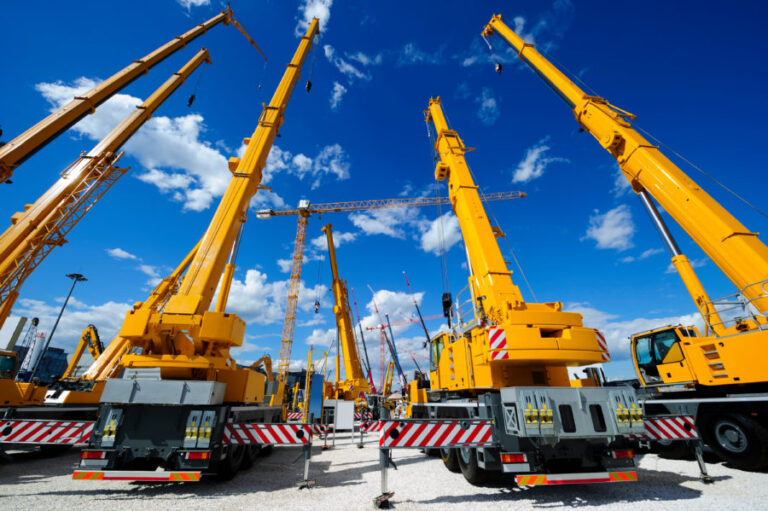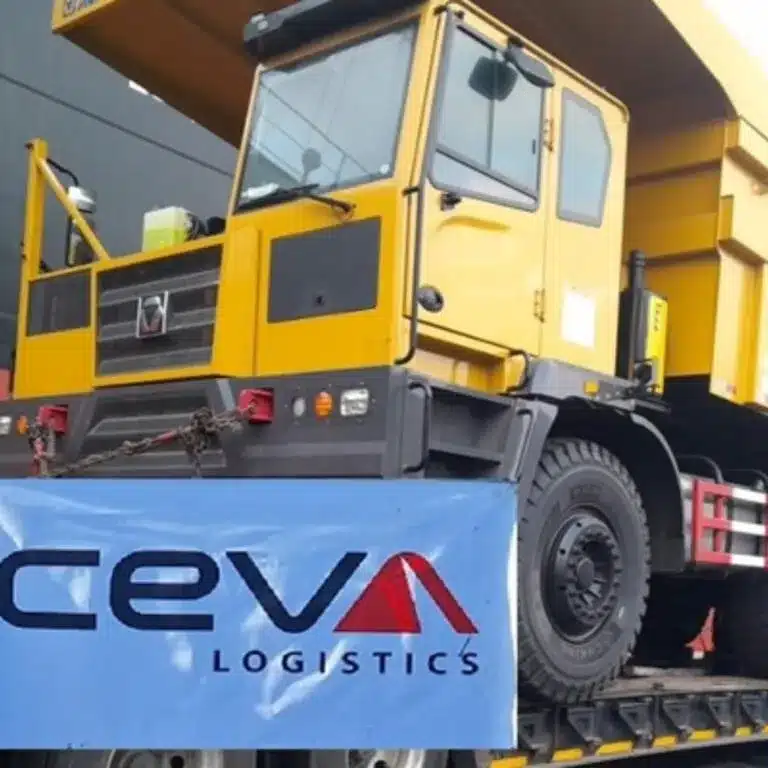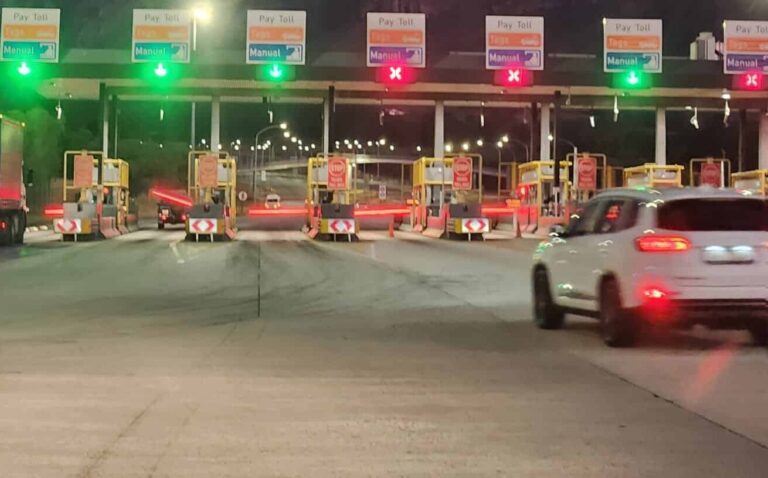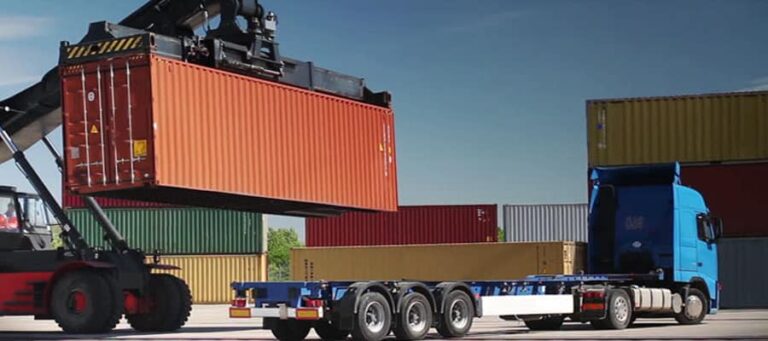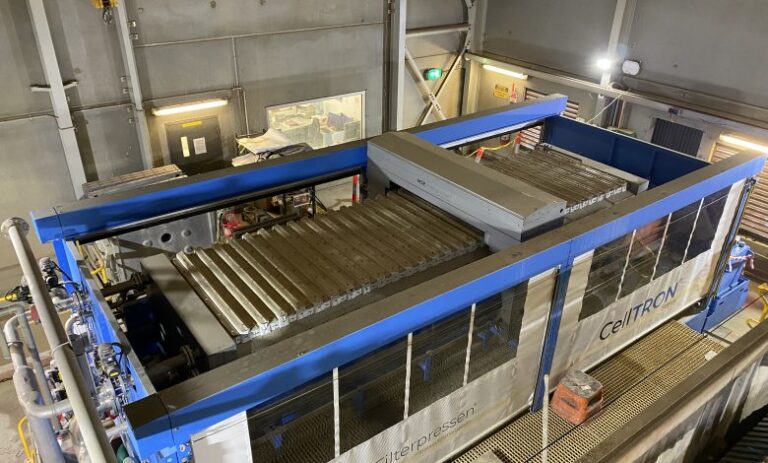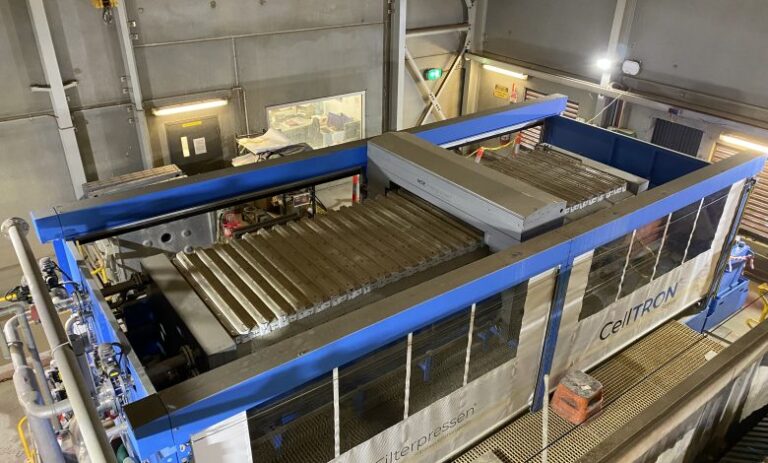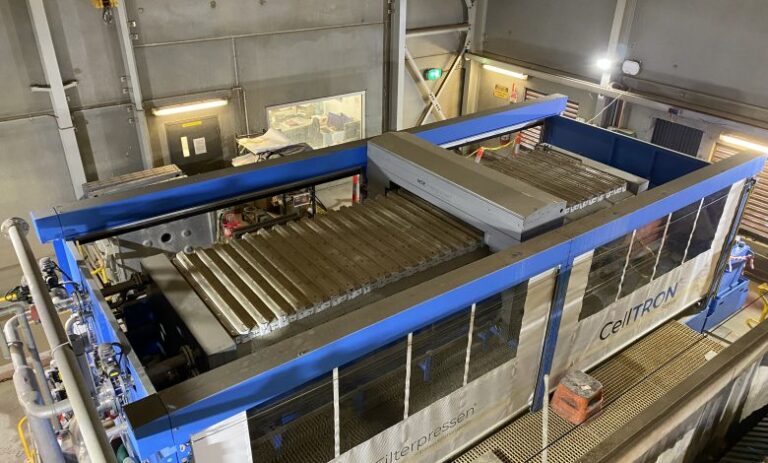Electricity demand in the Middle East and North Africa (MENA) has risen dramatically over the past two decades and is set to grow even further as the region grapples with extreme heat, water scarcity, and rapid economic and population expansion. According to a new report by the International Energy Agency (IEA), consumption has already tripled since 2000, and current policy trajectories suggest demand will climb another 50% by 2035—an increase equivalent to the combined electricity needs of Germany and Spain today.
Cooling and desalination account for the single largest share of this growth, representing nearly 40% of the projected increase over the next decade. Rising urbanisation, industrialisation, transport electrification, and digital infrastructure—particularly the expansion of data centres—are also fueling demand. The IEA notes that MENA has recorded the third-fastest growth in electricity consumption globally since 2000, behind only China and India.
Today, natural gas and oil dominate the region’s electricity mix, supplying more than 90% of total generation. But this reliance is gradually shifting. Countries such as Saudi Arabia and Iraq are actively reducing the use of oil in power generation, reserving it for higher-value applications or exports. Based on current policy plans, natural gas will supply half of the additional demand by 2035, while oil-fired generation will shrink from 20% of output today to just 5%. Meanwhile, solar photovoltaic capacity is expected to expand tenfold, pushing renewables’ share of generation to about 25%. Nuclear power is also set to play a stronger role, with capacity projected to triple.
“The region has already seen extraordinary growth in electricity demand, and this will only accelerate as the need for air conditioning and desalination rises,” said Fatih Birol, Executive Director of the IEA. “Over the next decade, the region’s power capacity is on track to grow by more than 300 gigawatts—three times Saudi Arabia’s current installed capacity. This transition will significantly alter the power mix, with global implications for energy markets and emissions.”
Investment in the power sector is also gathering pace. Spending reached $44 billion in 2024 and is expected to rise by 50% by 2035, with nearly 40% of that earmarked for modernising and expanding grids. Strengthening transmission systems and regional interconnections will be essential to improving efficiency, reducing losses—which are currently double the global average—and ensuring electricity security.
Energy efficiency improvements, particularly in cooling, could ease pressure on the system. Air conditioners in the region operate at less than half the efficiency levels of those in Japan, the IEA report finds. Raising standards could curb peak demand growth by the equivalent of Iraq’s entire electricity capacity.
The report also warns of the risks of slower diversification. If MENA countries fail to deliver on their targets, oil and gas demand for power generation could rise by more than 25% by 2035. This would translate into $80 billion in lost export revenues and an additional $20 billion in import costs, underscoring the importance of timely investment and policy follow-through.
With surging demand, rising temperatures, and pressing sustainability goals, the MENA region faces a pivotal decade in reshaping its electricity systems. The path it takes will not only affect regional economies and energy security but will also carry global consequences for fuel markets and climate ambitions.




